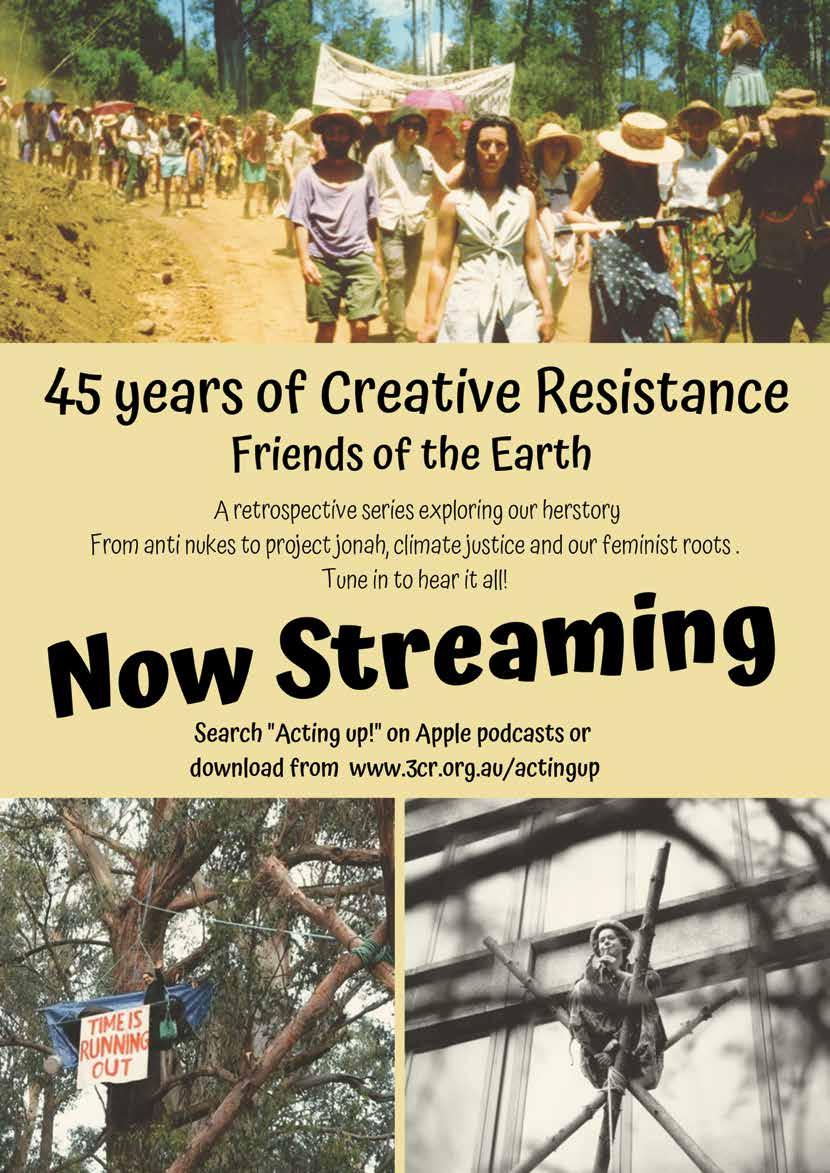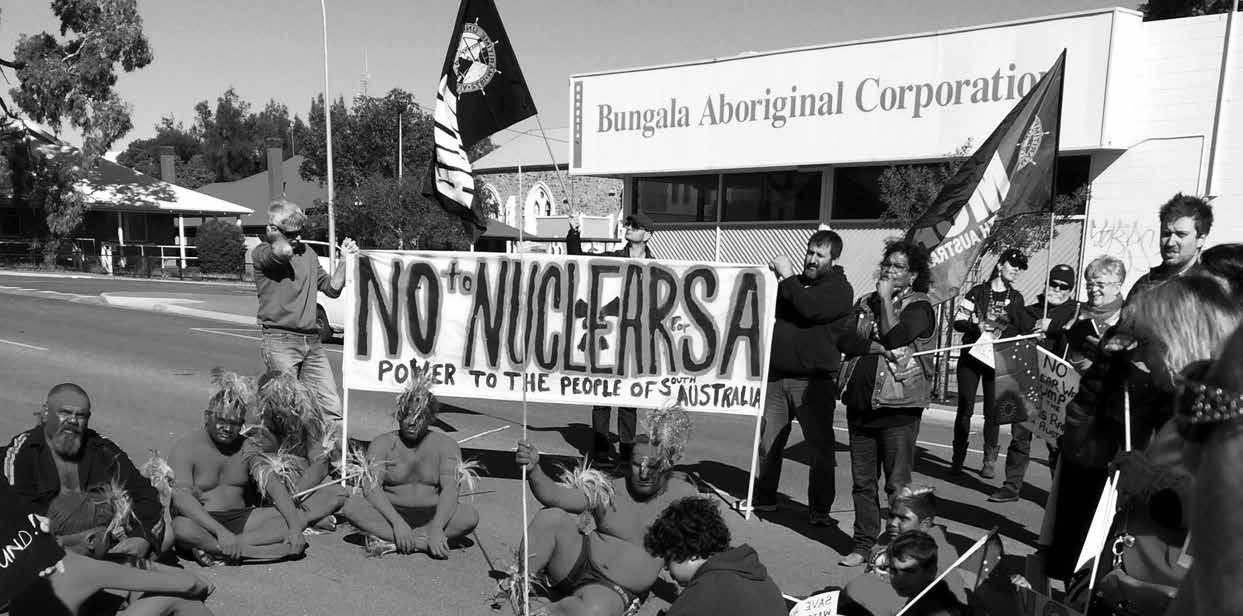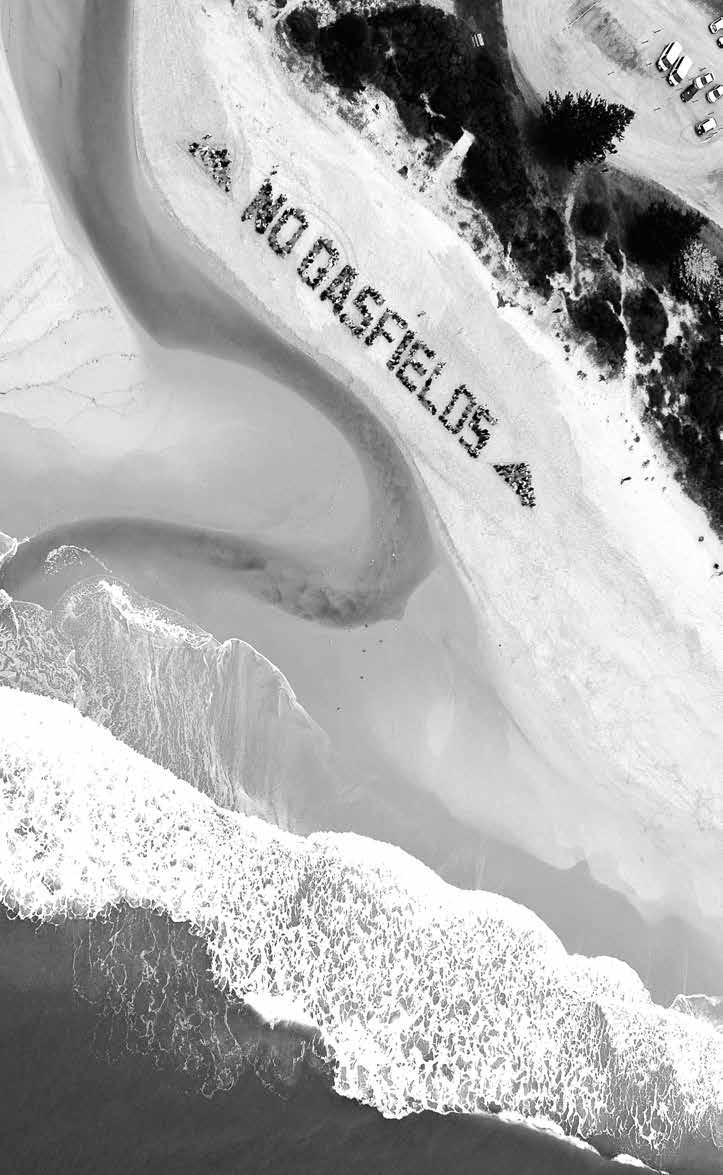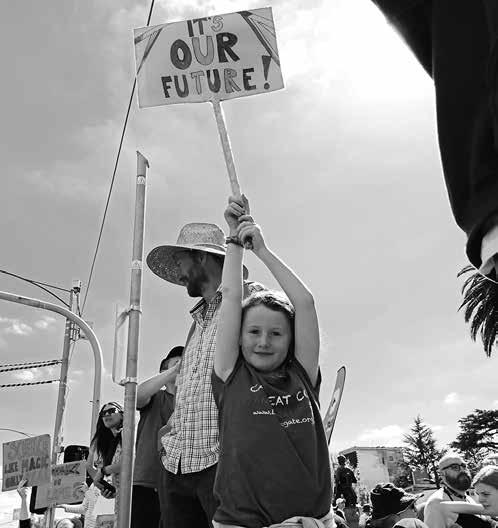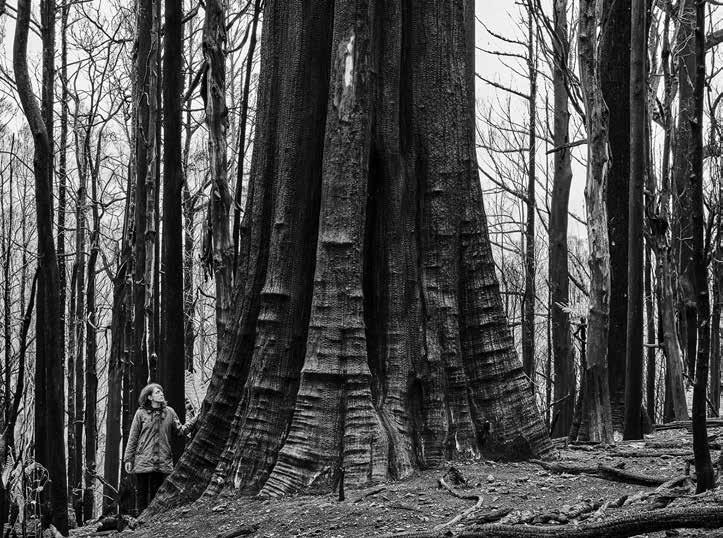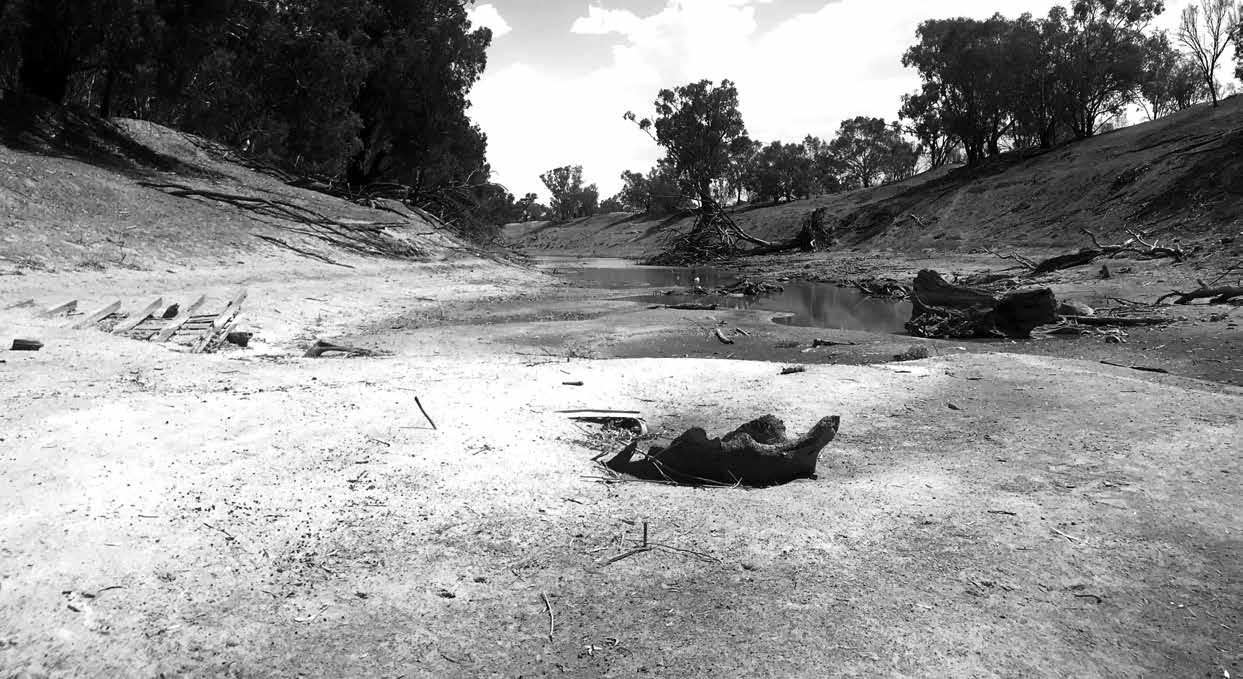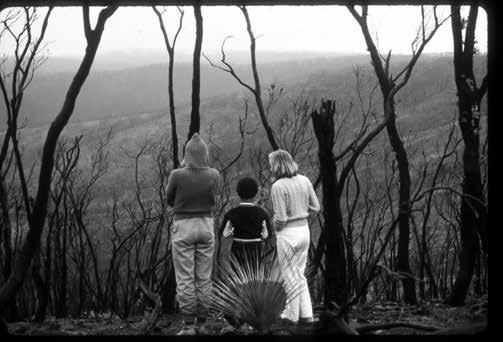Friends of the Earth present to Vic parliamentary inquiry into community action on climate Leigh Ewbank
On 26 February 2020, Friends of the Earth had the opportunity to present to the Victorian Parliament’s inquiry into community action on climate change. Here’s Act on Climate coordinator Leigh Ewbank’s statement to the Planning & Environment committee. In my time at Friends of the Earth, I’ve seen the incredible commitment of Victorian communities to tackling the climate crisis. Friends of the Earth is a community-driven organisation formed in 1974. We have been a strong voice for environmental protection and social justice since then. We have been engaged on the issue of climate change for over two decades and work towards cutting greenhouse gas emissions and building resilience through practical programs and advocacy. Friends of the Earth’s Food Co-op & Café in Collingwood is a case in point. With produce from 150 farmers across the state, the café serves organic, seasonal, and vegan meals to our community every day. The intentional use of local produce minimises the embodied carbon emissions from excessive transportation. Each year the café serves over 24,000 plates of food including to vulnerable people in the neighbourhood. The co-op has also pioneered local organic waste composting to demonstrate ways to reduce methane emissions from food waste going to landfill and encourage low-carbon food production. All compostable waste from the cafe is transported to a nearby primary school, which is only a couple of hundred metres away, where it is composted and used by the students to grow vegetables and educate them about the benefits of urban farming. In addition to these practical examples, Friends of the Earth has been actively involved in advocacy. Each night of the week, dozens of community members work together on positive solutions. These groups of community members tackle the problem in a holistic way and seek to cut emissions across the whole economy. Some are focused on decarbonising the energy and transport sectors, while others work for protecting forests as carbon stores. [This] community campaigns to protect forests, rivers, and vulnerable species such as koalas to give the natural world a fighting chance as the planet heats up. Inspiring community action on climate change can be found in all corners of Victoria. Communities are organising info nights, market stalls, radio shows, podcasts, community energy projects, citizen science projects, tree planting, art projects, community gardens, candidates’ forums, policy work, and advocacy.
32
Chain Reaction #138
May 2020
Community action I encourage the committee to pay close attention to the following examples for insights into how governments can support communities. Citizen scientist Aileen Vening from the Bass Coast Climate Action Network has documented dramatic coastal erosion in Inverloch. The local surf beach has seen 50 metres of beach lost to the southern ocean since 2012. The lifesaving clubs patrol box has been moved several times, at great expense, and has been put onto a sled due to the pace of change. The Bunurong Road and multi-million dollar Surf Lifesaving Club are now at risk. The state government has provided emergency funding to arrest the erosion thanks to community members sounding the alarm. Imagine the situational awareness that the government and authorities could gain by supporting citizen science. The small rural community of Tarnagulla in the Central Goldfields is also worried about climate impacts. Community members are concerned about increased heatwaves and bushfires –an issue compounded by the fact the CFA has shrunk from 45 people to just ten. Thanks to a small grant from the state government, Linda Kennedy and the Tarnagulla Alternative Energy Group have developed a resilience plan with support from RMIT University. But will it be able to find resourcing to roll it out? When it comes to climate mitigation, community action in the Hepburn Shire is a stand out example of leadership. The community-owned Hepburn Wind farm produces enough renewable energy to offset the carbon footprint of all the homes in Hepburn Springs, Daylesford, and Leonard’s Hill. It has helped Victoria avoid 87,000 tonnes of GHG emissions. The successful Hepburn Wind farm created a platform for the Hepburn Shire to develop a plan to cut emissions across the whole economy to achieve zero-net emissions by 2030. This outcome would ensure the shire does its share of keeping global warming below 1.5C. Will it be able the access the start-up funding to kick off implementation? There are many other examples of leadership on community energy and storage in Yackandandah, Newstead, Strathbogie Ranges, Bendigo, Ballarat, and elsewhere.
Recommendations Based on our longstanding efforts to tackle the climate crisis and engagement with communities across the state, we encourage the committee to consider the following recommendations:


